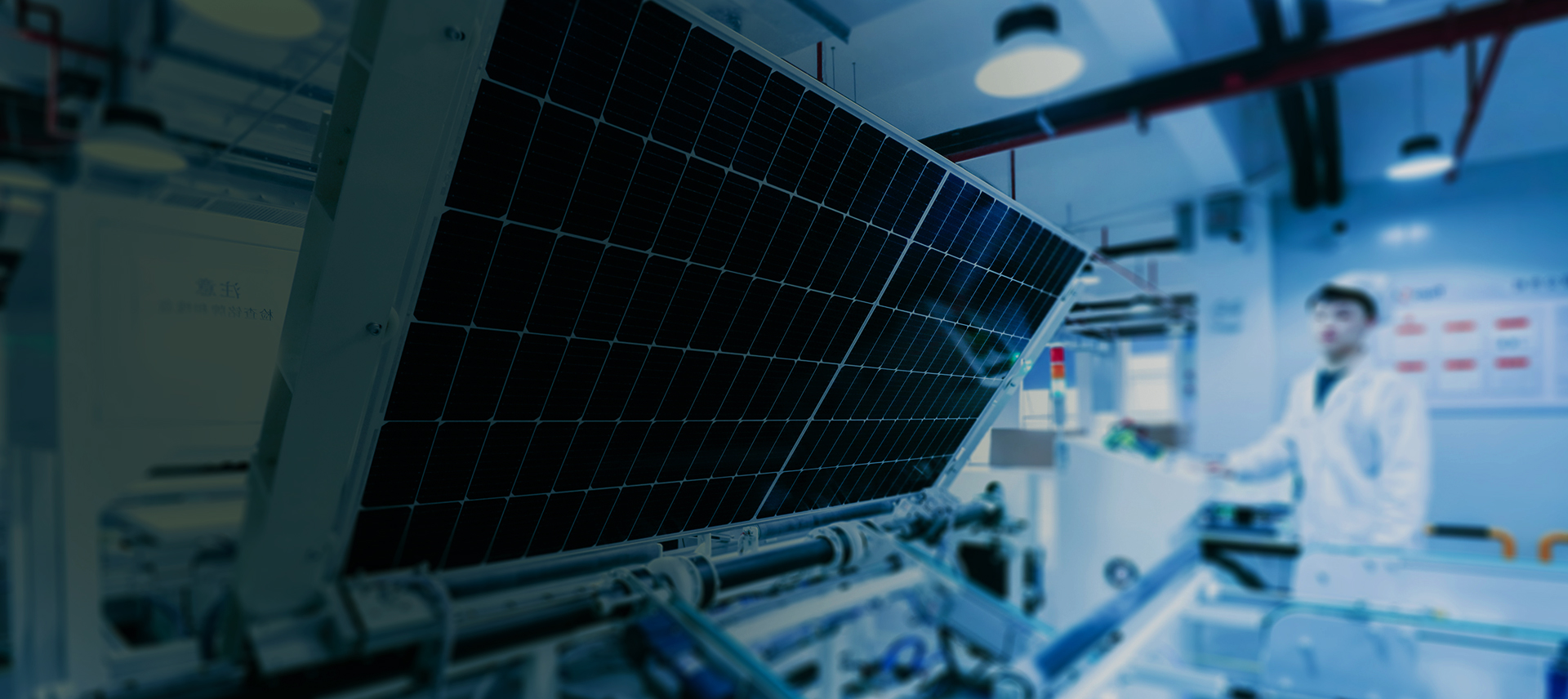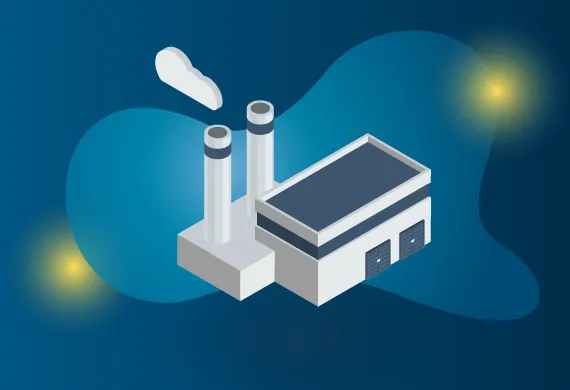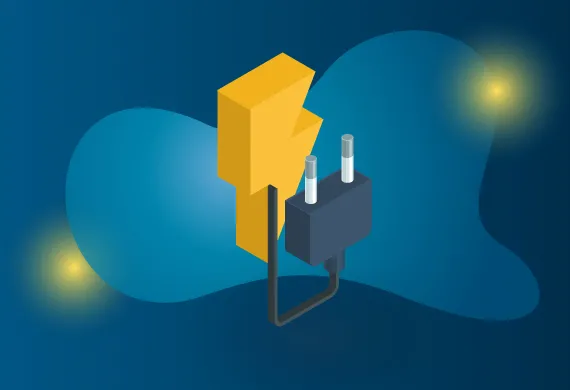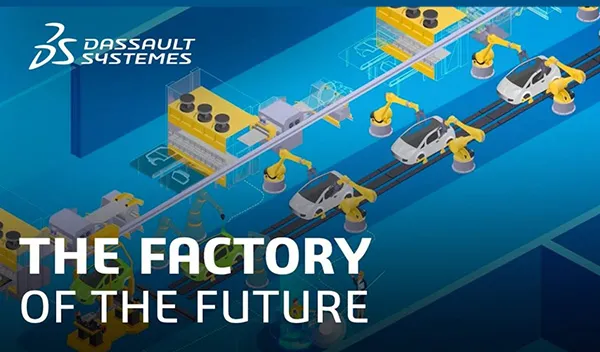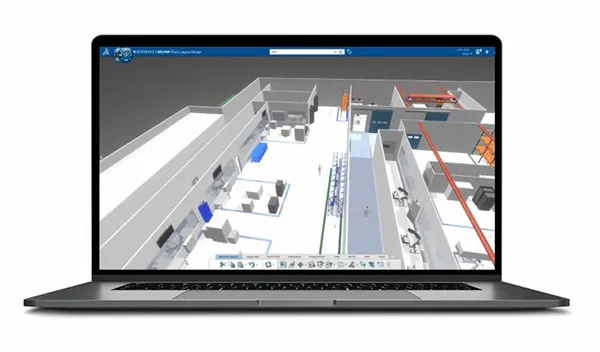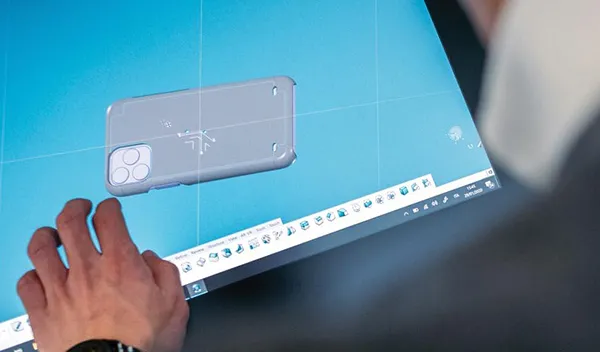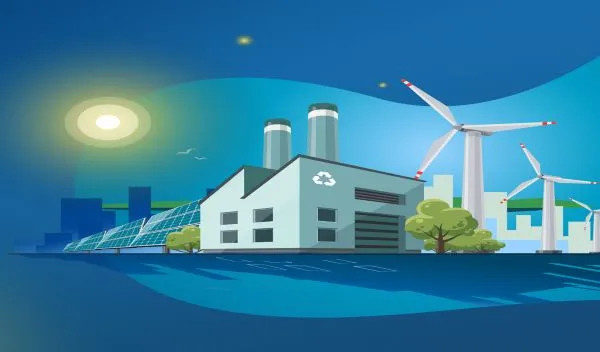Advancing Sustainable Manufacturing to Meet SDG 12 Goals
Sustainable manufacturing aligns with SDG 12 by promoting responsible production, reducing waste, and supporting urgent climate goals across industries.
Why Does Sustainable Manufacturing Matters?
Sustainable manufacturing is key to minimizing environmental impact and achieving SDG (Sustainable Development Goal) 12, which calls for responsible production practices. By adopting these methods, companies not only meet growing consumer demand for eco-friendly products but also contribute to global climate targets.
Meeting Consumer Demand with Sustainable Manufacturing and Advancing SDG 12
Today’s eco-conscious consumers are shaping the market, with 34%(1) willing to pay more for sustainable products. This shift supports SDG (Sustainable Development Goal) 12, which emphasizes responsible consumption and production. To align with these goals, companies must go beyond sustainable product patterns to ensure their entire manufacturing process is environmentally sound.
Manufacturing contributes 23% of carbon emissions in the U.S., highlighting the urgent need for sustainable practices and sustainable production methods. By adopting technologies like virtual twin simulations and AI, companies can optimize production, reducing resource use and emissions before physical changes are implemented. Sustainable manufacturing not only cuts environmental impact but also reduces the material footprint, meeting the growing demand for products made through ethical methods, advancing SDG 12 and related climate and industry goals and targets.
Advance Sustainable Manufacturing Goals
Crafting sustainable product experiences starts with responsible manufacturing.
Read our ebook and find out how digitalization helps companies do more with less while boosting revenue.
Enhancing Efficiency and Brand Trust Through Sustainable Manufacturing
By adopting sustainable manufacturing, companies can decrease carbon emissions and waste across production processes and the value network – all while staying ahead of tightening climate regulations. Improved resource use helps companies lower costs and increase operational efficiency. At the same time, they grow their brand reputation for creating genuinely sustainable products. The outcome is public trust, new customers and a strong competitive advantage.
How Sustainable Manufacturing Drives Innovation
Sustainable manufacturing is not only a necessity, it’s also a huge opportunity for innovation and business at large.
It drives the transition towards a circular economy by keeping products and materials in use, producing zero-waste, and minimizing the use of energy and natural resources.
With the virtual twin – a digital model of business processes – companies can explore new and more sustainable materials, designs and processes to drive sustainable innovation for the future. Powered by advanced digitalization, they’re set to realize their science-based targets by reducing carbon emissions across these scopes:
Emphasize Key Benefits of Sustainable Manufacturing
Sustainable Manufacturing Technologies
Virtual Twin Technology
Virtual twins digitally replicate manufacturing processes, allowing for testing and optimization before physical changes.
Artificial Intelligence [AI] for Predictive Manufacturing
AI enhances sustainability by forecasting maintenance needs and optimizing production, which reduces waste and energy usage. Predictive AI can cut downtime and prevent breakdowns, improving efficiency across manufacturing.
Digitalization and Data Analytics
Digitalization connects manufacturing processes, enabling real-time data analysis for better resource management. This approach helps companies reduce energy costs, comply with environmental standards, and make sustainable production decisions.
The Role of Circular Economy in Sustainable Production
The circular economy is essential for sustainable manufacturing, aligning with SDG 12 indicators by keeping resources in use, reducing waste, and minimizing pollution. Platforms like 3DEXPERIENCE allow businesses to adopt circular practices by optimizing resources, reusing materials, and reducing waste at every stage.
Through closed-loop systems, companies can continuously recycle materials, lowering resource demand and their carbon footprint. Embracing these practices via digitalization not only reduces environmental impact but also supports long-term sustainability and operational efficiency, advancing responsible production and consumption.
Consumer Awareness and the Demand for Sustainable Manufacturing
Eco-conscious consumers are increasingly driving the shift toward sustainable manufacturing by seeking products with lower environmental impact. To meet this demand, companies can use platforms like 3DEXPERIENCE to provide transparency on practices such as emissions reduction, resource efficiency, and circular economy efforts.
Transparent labeling, such as providing carbon footprint data and eco-certifications, is crucial for building trust. By clearly communicating sustainability initiatives, companies not only enhance consumer confidence but also support responsible consumption and production in alignment with SDG 12 activities.
Driving Sustainable Innovation with Virtual Twin Technology and Digitalization
With the virtual twin – a digital model of business processes – companies can explore new and more sustainable materials, designs and processes to drive sustainable innovation for the future. Powered by advanced digitalization, they’re set to realize their science-based targets by reducing carbon emissions across these scopes:
Scope 1 Emissions
Direct emissions from sources owned or controlled by the company, such as on-site generation and vehicle fuel consumption.
Scope 2 Emissions
Indirect emissions from purchased electricity, heat, steam or cooling.
Scope 3 Emissions
All other indirect emissions that occur in the value chain, such as the use of sold products and services.
Spur Sustainable Production With Virtual Capabilities
Virtual twin technology on the 3DEXPERIENCE® platform provides a virtual universe where companies can collaboratively simulate and understand their ideas, products and processes – all before making a change in the real world. They’re empowered to identify the most sustainable solution before committing any physical resources.
As a result, they’re able to:
- Achieve Eco-Manufacturing
- Build Smarter Factories
- Lower Emissions
- Cultivate Circular Practices
- Continuously Innovate
Achieve Eco-Manufacturing
Climate regulations are tightening. With the 3DEXPERIENCE platform, companies are flexible enough to quickly integrate new standards and reap the rewards of compliance, unlocking up to $1.3 trillion in economic value.
Build Smarter Factories
In the Industrial Renaissance, companies must welcome the factory of the future. By leveraging virtual twin technology, they can turn towards cleaner energy sources, minimize scope 1 and 2 emissions and realize energy-efficient manufacturing for a low-carbon factory floor.
Lower Emissions
Virtual twin technology provides insights for companies to bring down their carbon footprint from product packaging to manufacturing and distribution. With digitalization, Familia Torres chose more lightweight and minimal packaging, slashing emissions by 30% for each bottle of wine produced.
Cultivate Circular Practices
Companies need to optimize waste management and replace polluting processes with eco-friendly alternatives for a circular economy. The 3DEXPERIENCE platform helped AMF reuse more than 97% of water in its closed-circuit system.
Continuously Innovate
With a platform to test, simulate and innovate ideas, companies can inspire creative collaboration that drives tomorrow’s sustainable experiences.
With the 3DEXPERIENCE platform, companies can design sustainable production processes that create truly sustainable products – and give consumers exactly what they want.
Real-World Examples of Sustainable Manufacturing with the 3DEXPERIENCE Platform
Manufacturing Industries Trends Guide: A Focus on Green Manufacturing
Discover how to set a clear plan of action and achieve steel green manufacturing goals for your operations
FAQ About Sustainable Consumption & Production
Related content with Sustainable Consumption and Production
Clean Energy Technologies: Powering Up Innovation
Learn how you can revolutionize low-carbon technologies with an innovative platform.
Sustainable Production
Achieve low-carbon production and reduce pollution and energy consumption by implementing sustainable solutions throughout your operations and your supply chain.
Reformulate Alternative Materials for a Safer, Cleaner Future
Discover the digital edge in research, development and manufacture of alternative materials for a circular, sustainable business.
Virtual twin experiences in Manufacturing Industries
Discover our commitment for producing better, more sustainable product with digital twin technology and to achieve the United Nations' Sustainable Development Goals.
